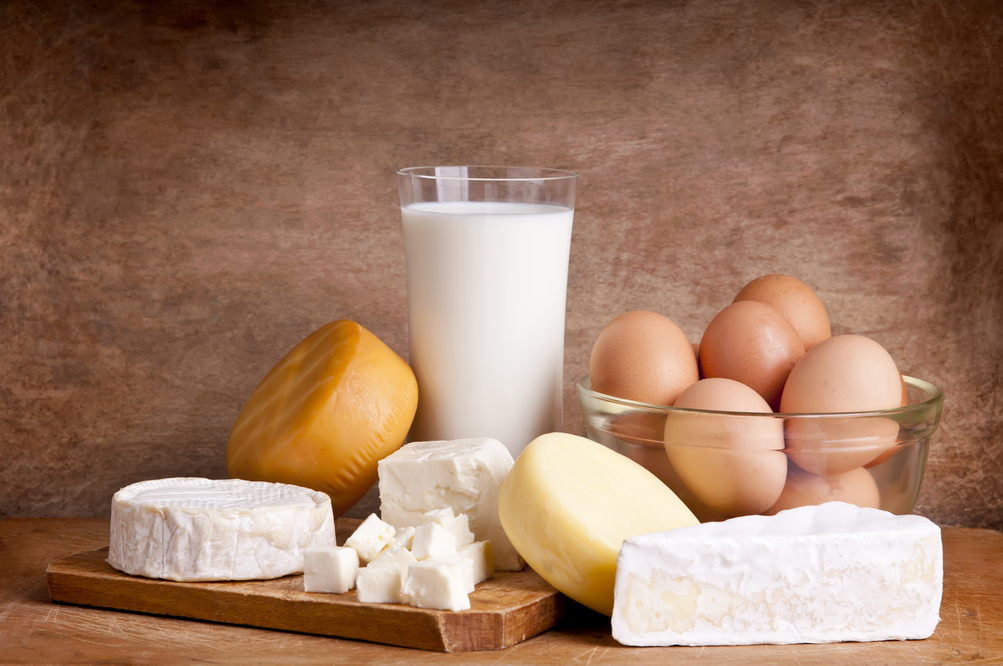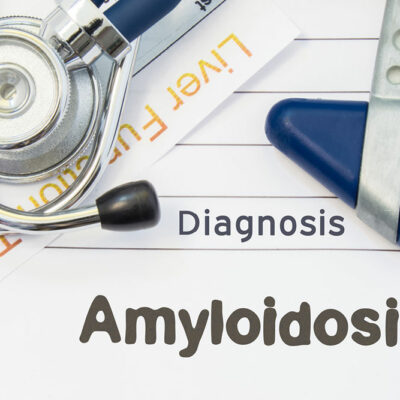
Foods to Avoid for Anemia Patients
With anemia, patients lack healthy red blood cells to carry enough oxygen to tissues, leading to possible symptoms such as headaches, fatigue, and an irregular heartbeat. There are different causes and types of anemia with common types including iron deficiency anemia, vitamin deficiency anemia, aplastic anemia and sickle cell disease.
There are dietary changes that can alleviate symptoms, especially depending on the cause of anemia. Side effects of sickel cell disease, for instance, can be malnutrition. With all types of anemia there are foods to avoid so as to not further irritate anemic symptoms:
1. Foods that contain phytates or phytic acid
Phytic acid is known to block your body’s ability to absorb some minerals. It bids to them, and this process creates phytates that we lack the enzymes to break down. This only occurs in large consumption, but if you have anemia, too many phytates can bind to what little iron you have, preventing your body from accessing it. Phytic acid is found in plant-based food that’s unprocessed and raw such as unprocessed grains, beans, seeds like sesame and sunflower, and nuts.
2. Tea and coffee
Green and black teas as well as caffeinated coffee can have a negative impact if you suffer from anemia. They can interfere with your body’s ability to absorb iron, a damaging effect if you suffer from iron deficiency anemia already. However, they have the most impact depending on when you drink them. If you really need your caffeine fix or that cup of tea at night, consume the beverages in between meals rather than while you eat.
3. Foods that contain tannins
Tannins are natural, water-soluble polyphenols found in many foods. They do contain helpful antioxidants, but they also have a protein-binding ability. This can be harmful in anemic patients, so it’s best to avoid or consume only moderate amounts of foods that contain it. These foods include fruits like grapes, berries, and apples. Grains, nuts, red wine, and legumes also have tannins, as does chocolate.
4. Milk and dairy products
Dairy and other milk-based products can potentially cause or irritate iron deficiency anemia, especially in young children. This is because these products are rich in calcium while also getting in the way of your body absorbing iron from food and iron supplements. So, it helps to avoid or limit the consumption of yogurt, cheese, and animal milk in general.
5. Foods with oxalic acid
Oxalic acid is another common compound found in plants, and our own bodies even naturally produce it through metabolic processes whether we consume it or not. However, it’s also known as an anti-nutrient. Too many oxalates in the bone can lead to anemia, so if you already suffer from it, it’s important to realize what foods are high in oxalic acid so that you don’t over consume it. This includes several packaged cereals, various fruits such as avocados and kiwi, vegan and soy burgers, nuts, grains, and vegetables like beets and carrots.


